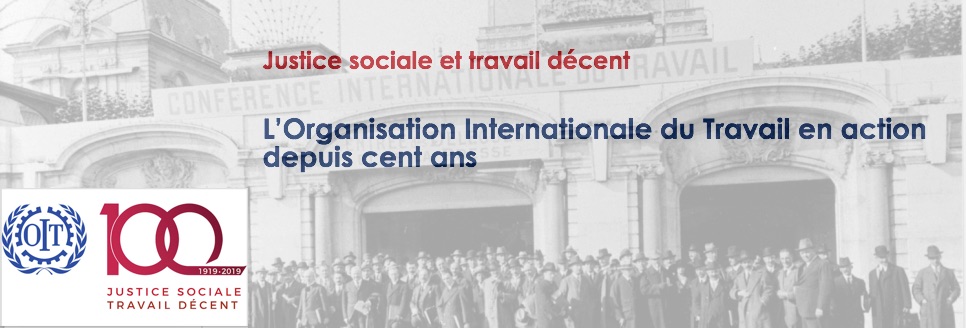Les instances internationales de régulation comme l'Organisation internationale du travail (OIT) depuis l'entre-deux-guerres ont fait du contrat de travail la pierre angulaire des politiques d'intégration des salariés dans le cadre de la construction d'un marché global régulé autour de standards sociaux. À la suite de la campagne pour l'abolition du travail forcé, aussi les territoires coloniaux sont appelés à se conformer à l'« idéologie » du travail libre, qui devient le paramètre d'une civilisation à exporter à l'échelle globale. Le « travail indigène », c'est-à-dire le travail accompli par les travailleurs autochtones et migrants au sein des empires coloniaux, fait ainsi l'objet d'un effort de normalisation visant à dépasser l'hétérogénéité des pratiques et conventions locales ainsi que la force des intérêts économiques et géopolitiques.
En puisant dans les archives de l'OIT et, dans une moindre mesure, dans les archives de l'administration coloniale française (enquêtes et questionnaires, débats, expertises, correspondance, etc.), cette communication entend interroger le travail de catégorisation développé par les experts internationaux dans la tentative d'étendre le régime du salariat dans les territoires colonisés, en révélant de la sorte les mécanismes à la fois cognitifs et institutionnels sous-jacent à la construction de la notion de « travail indigène ». Loin d'aboutir à la mondialisation du droit social qui est propre au contrat de travail expérimenté depuis peu dans le monde occidental, cette entreprise à la fois intellectuelle et diplomatique nous renseigne sur les enjeux de commensurabilité du travail dans un contexte de circulation transnationale des savoirs et dispositifs qui portent sur le travail et son institution.
Au final, la « rationalisation » représentée par l'introduction du contrat de travail dans les espaces coloniaux, envisage un modèle d'inclusion sociale parallèle et moins équitable, par ailleurs indexé sur des critères de différentiation raciale (suivant des standards « civilisés »). Ceci conduit à interroger la place du différentialisme dans la conception même du salariat, les études sur la présence, voire la persistance, de formes de catégorisation ethno-raciales dans le travail, hier comme aujourd'hui, permettant de confirmer cette lecture critique.
ENGLISH VERSION
An unfinished globalization: the “wage issue” and the value of work in colonial territories (1920-1930)
International regulatory bodies such as the International Labour Organisation (ILO) since the inter-war period have made employment contracts the cornerstone of employee integration policies as part of the construction of a global market regulated around social standards. Following the campaign for the abolition of forced labour, colonial territories are also called upon to conform to the “ideology” of free labour, which becomes the parameter of a civilization to be exported on a global scale. “Native work”, i.e. the work done by indigenous and migrant workers within colonial empires, is thus the subject of a standardization effort aimed at overcoming the heterogeneity of local practices and conventions as well as the strength of economic and geopolitical interests.
Drawing on the archives of the ILO and, to a lesser extent, on the archives of the French colonial administration (surveys and questionnaires, debates, expert reports, correspondence, etc.), this paper aims to question the categorisation work developed by international experts in an attempt to extend the wage system in colonised territories, thus revealing the cognitive and institutional mechanisms underlying the construction of the notion of “native work”. Far from leading to the globalization of social law, which is specific to the employment contract recently experienced in the Western world, this undertaking, both intellectual and diplomatic, informs us about the issues of commensurability of work in a context of transnational circulation of knowledge and systems relating to work and its institution.
In the end, the “rationalisation” represented by the introduction of the employment contract in colonial areas envisages a parallel and less equitable model of social inclusion, which is also indexed on criteria of racial differentiation (according to “civilised” standards). This leads us to question the place of differentialism in the very conception of wage-labour. Studies on the presence, even the persistence, of forms of ethno-racial categorization in work, yesterday and today, confirm this critical reading.

 PDF version
PDF version
